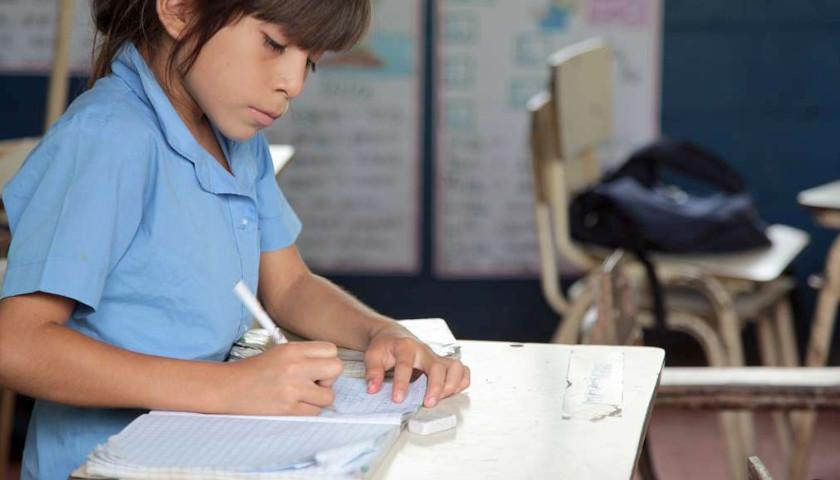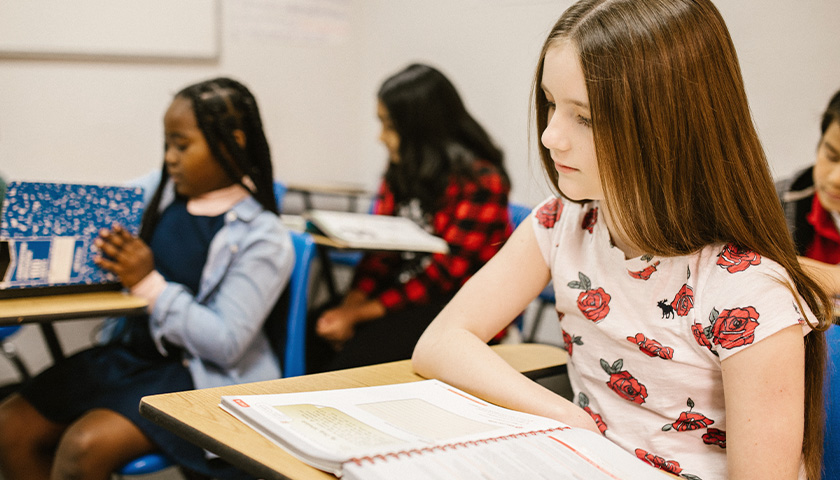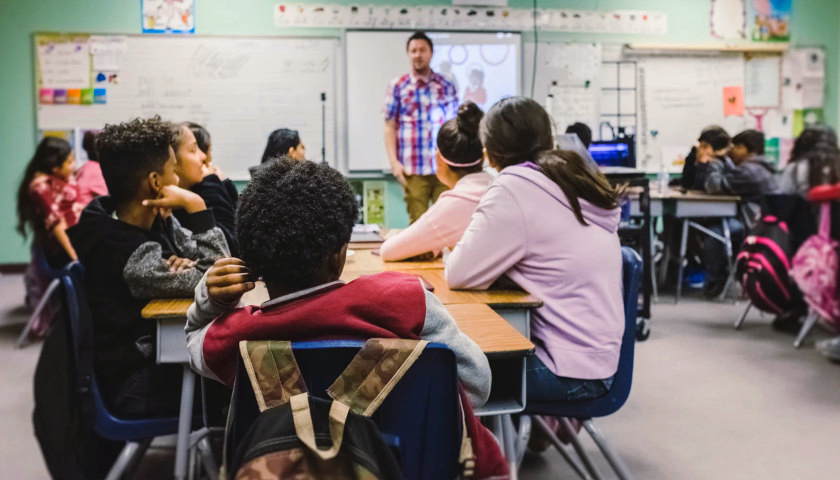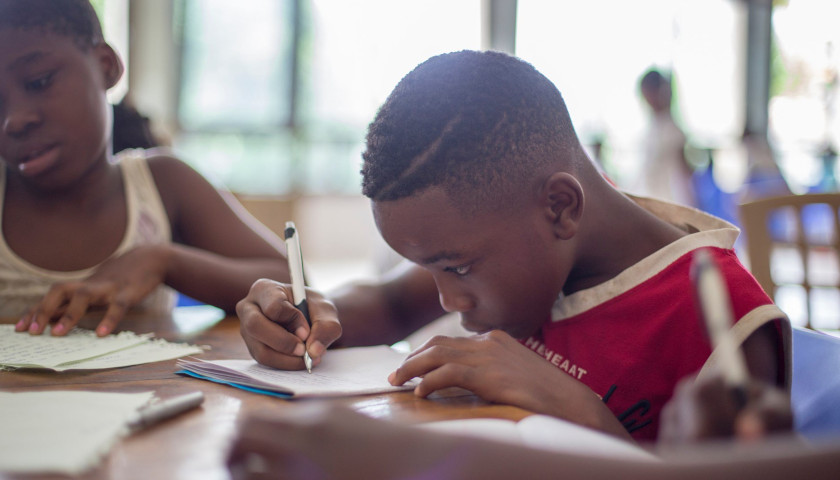The Chicago Teachers Union (CTU) is making climate-related demands in contract negotiations as the city’s students continue to struggle mightily in the classroom, according to E&E News.
The CTU will push the city to include initiatives like electric school buses, green jobs training programs for students and reducing emissions from buildings with solar panels and other retrofits, among other initiatives, according to E&E News. Those demands are being made while 2023 testing data shows that about 75% of Chicago’s public school students were unable to read at grade level and 83% of students were behind grade level proficiency in math, according to the Illinois Policy Institute.
Read More















